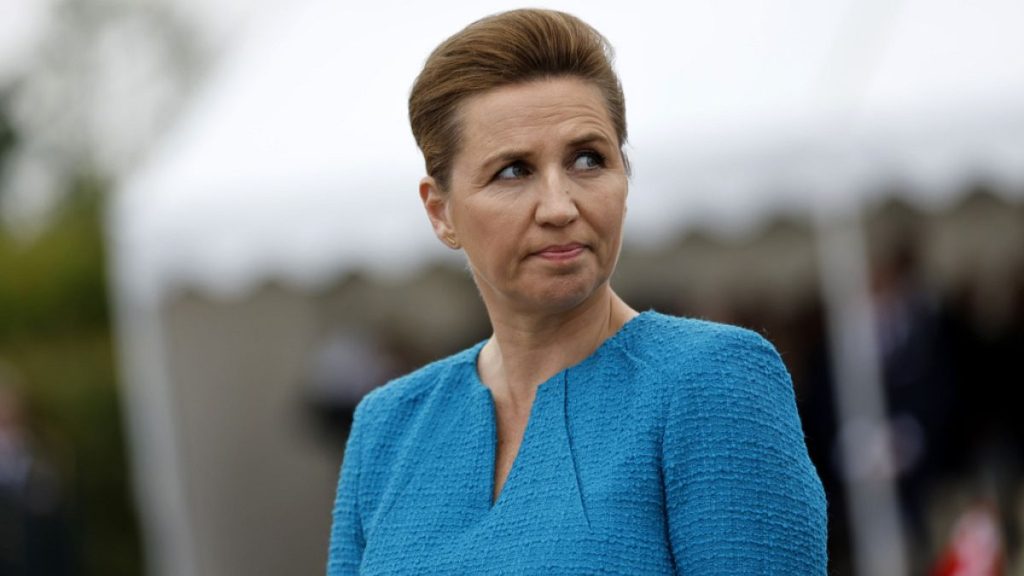Danish Prime Minister Mette Frederiksen cancelled campaign events ahead of European elections after being assaulted in downtown Copenhagen. Although she was unharmed, the incident highlights the growing violence towards elected leaders in Europe. This comes in the midst of elections for the European Parliament, with other politicians experiencing similar attacks. In Slovakia, Prime Minister Robert Fico survived an attempted assassination, while in France, Socialist candidate Raphael Glucksmann was pelted with eggs and paint at a May Day event. In Berlin, the deputy mayor was attacked outside a library by a man who hit her with a hard object. These incidents raise concerns about the safety of elected officials and the state of democracy in Europe.
The attack on Prime Minister Frederiksen reflects a worrying trend of violence targeting political leaders in Europe. In recent months, several incidents have occurred, including the attempted assassination of Slovakian Prime Minister Robert Fico. This growing sense of democracy being attacked is further exacerbated by attacks on other politicians, such as the assault on French Socialist candidate Raphael Glucksmann and the attack on Berlin’s deputy mayor. These incidents raise questions about the safety of politicians and the security of democratic processes in Europe.
The assault on Prime Minister Frederiksen occurred as she was campaigning for the upcoming European elections. The incident forced her to cancel campaign events as she was rushed to a hospital for evaluation. Despite being unharmed, the attack highlights the risks that political leaders face in the current climate of growing violence towards elected officials. With elections taking place across Europe, concerns about the safety of politicians and the overall state of democracy have been heightened by these recent incidents.
The attack on Prime Minister Frederiksen is just one of many instances of violence targeting political leaders in Europe. From the attempted assassination of Prime Minister Robert Fico in Slovakia to the assault on French candidate Raphael Glucksmann, these incidents raise serious concerns about the safety of elected officials. The attack on Berlin’s deputy mayor further underscores the risks that politicians face in carrying out their duties. As Europe prepares for elections to the European Parliament, the issue of safety for politicians has become a pressing concern.
The assault on Prime Minister Frederiksen highlights the dangers that elected leaders face in the current political climate. The attack, which occurred in downtown Copenhagen, forced her to cancel campaign events ahead of the European elections. This incident, along with other recent attacks on politicians in Europe, points to a growing trend of violence targeting political figures. As Europe grapples with these issues, questions about the safety of politicians and the future of democracy become increasingly urgent.
The attack on Prime Minister Frederiksen comes amidst a wave of violence targeting political leaders in Europe. From the attempted assassination of Slovakian Prime Minister Robert Fico to the assault on French candidate Raphael Glucksmann and the attack on Berlin’s deputy mayor, these incidents highlight the risks that politicians face in carrying out their duties. As elections for the European Parliament approach, concerns about the safety of elected officials and the state of democracy in Europe have been brought to the forefront. The assault on Prime Minister Frederiksen serves as a stark reminder of the challenges that political leaders face in the current political climate.


